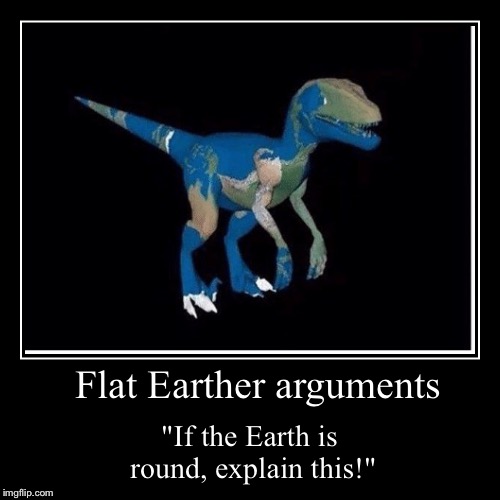
There’s still a percentage who do not know as much about science as they think they do. You may think, well, there’s a lot of conspiracy theories going around for people who feel disenfranchised. People who have very high means have easy access to education. In theory, you give people education and things like this can disappear. We found that 17 percent said they were not sure the Earth was round. Nautilus Members enjoy an ad-free experience. You would expect that this is not something you would find amongst a sample of highly educated rich people! Well, we did. So we’re kind of stacking the dice against us.

The other half consisted of people with disproportionately high income with a college education. And the percentage of people who answered the survey that are in the top bracket in terms of salary is pretty high.

Many of the CEOs in Spain are alumni of our school, and the employability record of our students is really high. We got a little more than 1,200 answers to the survey, and half of that was conducted amongst students in our university, which has three big faculties-engineering, business, and social sciences. It is a convenient sample, but it’s a very particular kind. The sample we took is not representative of Spain. We were concerned that these kinds of beliefs are much more widespread than people thought, so we decided to test that here. For example, once you take into account the Dunning-Kruger effect, the explanatory effect of religiosity kind of goes away: It’s not necessarily religious people that believe in a flat Earth. Other things that have been previously thought to produce this effect do not necessarily explain the phenomena of people believing the Earth is flat. This is called the Dunning-Kruger effect. It is a very bizarre circumstance where the less you know about a certain subject, the more overconfident you are in your abilities in that subject. These Flat Earthers have a high degree of overconfidence in their knowledge of science, which is pretty curious, because in our new study, we found they have the lowest actual knowledge of science in our sample.

Our guess is there are certain kinds of people who have a need to feel special. One question for José Arroyo-Barrigüete, an economist at Comillas Pontifical University in Spain, where he is a professor of quantitative methods.


 0 kommentar(er)
0 kommentar(er)
